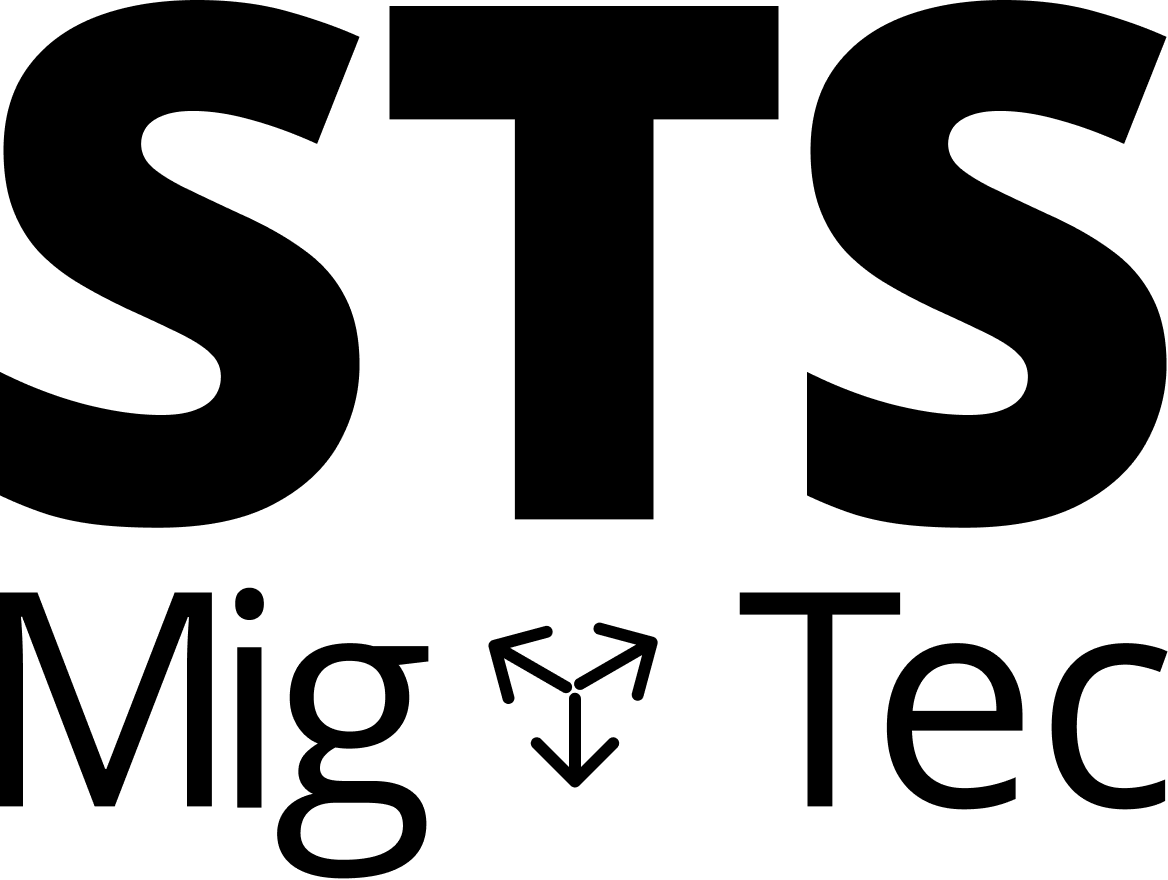About
Attempts to govern and control the movement of people across borders are shaped by temporal demands. More specifically, speed and acceleration are increasingly pursued as means for alleviating, and possibly overcoming, time-wasting and repetition in practices of border control. At the same time, however, population mobility depends on the incessant production of knowledge about border-crossers. What is the relation between acceleration and knowledge production and what are the consequences of this pursuit for acceleration in migration management? How does acceleration transform and re-organize the processes of knowledge production about border-crossers? To articulate this issue, I will focus on the so-called ‘accelerated procedures’, which have been introduced in Member States in order to speed up the asylum process. These procedures apply, for instance, to people of certain nationalities as well as to those who lodge a new asylum application after a rejection. These applicants have less time to prepare their cases, to provide relevant evidence and to appeal in case of a negative decision. To analyze the temporal goals underpinning these procedures and how these procedures affect the process of knowledge production about the stories and identities of asylum seekers, I will rely on the textual analysis of European Union policy papers and on interviews conducted with lawyers and researchers about the use of accelerated procedures in the Italian asylum system. I will suggest that accelerated procedures represent a strategy through which Member States avoid to produce knowledge about people in order to facilitate and speed up their removal. To support this hypothesis, the notion of non-knowledge will represent the analytical entry point through which enquiring the frictions between temporal aims and knowledge production. This theoretical move allows reversing the Foucauldian understanding of knowledge as power by asking how non-knowledge, rather than knowledge, can become a means through which articulating power relations and maintaining or exacerbating power-asymmetries.
Temporalities of (non)knowledge production – The quest for acceleration in the asylum system
Lorenzo Olivieri (Department of Philosphie and Communication Studies, University of Bologna)
About the event series
“STS-MIGTEC circle” is a small format which takes place once a month and which serves to reflect jointly on work-in-progress contributions related to the themes of interest to STS MIGTEC. The idea is to create a safe space for probing and experimenting with ideas, arguments, attempts of analysis, sense-making of empirical material.

